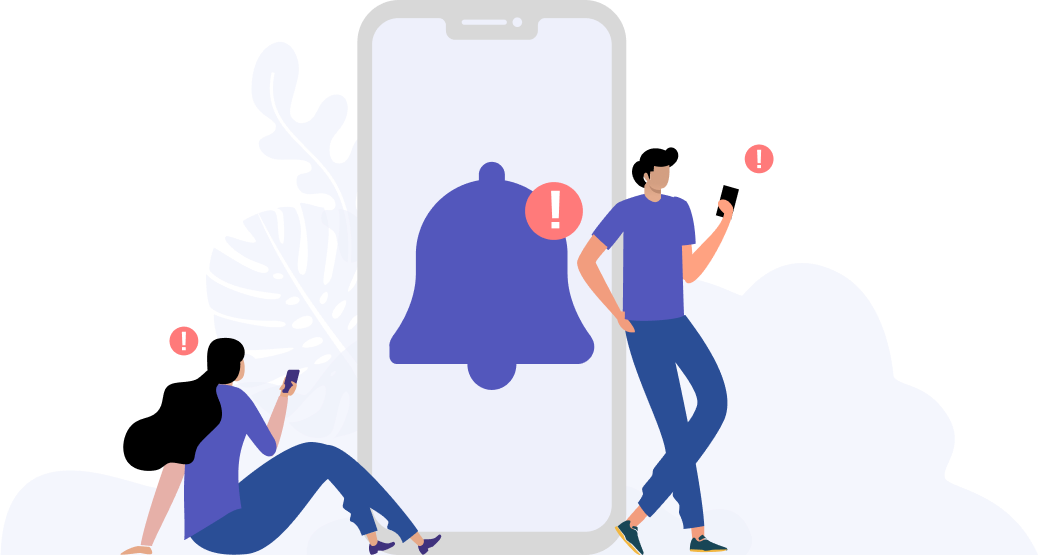The importance of eye care in children’s daily lives

Photo by David Travis on Unsplash
One of the biggest barriers to learning while growing up is learning how to communicate. We’ve all been there before. Just a little too cold, or warm, or tired, and without knowing how to tell our parents. The usual solution is to – well, cry. It’s a natural part of growing up as we learn to understand what we’re facing.
The same goes for eye care as well. Children don’t really understand why the television is getting a little blurry – so they squint or sit a little closer. These are just some of the signs of undetected eye diseases in children, which is why it’s paramount to keep a close eye on these signs.
A study conducted among 200 children with special needs in the United Kingdom found that those with no previous history of eye care were almost five times (4.4 times) more likely to have unmet visual needs, which includes both undetected and uncorrected eye problems.

Photo by Steven Van Loy on Unsplash
Though the study in question was conducted among children with special needs, there are learning points that apply to handling kids in general. For one, children may find it difficult to communicate their needs. They could not articulate the problems that they were facing to their parents and teachers, making it more difficult for their guardians to address the issues that they are facing. Furthermore, the detriments are substantial – daily living, literacy and motor skills were all affected by students who had unmet visual needs. Simply put, making informed adjustments, including getting a new pair of glasses to correct their existing refractive error, was able to significantly improve these areas of life in the affected children.
Children’s learning ability, to a certain extent, lies in their ability to read, write and see well using their eyes. Therefore, parents have to be the proactive ones. Getting informed about eye care best practices is one thing – ensuring that both parents and their children implement these best practices, such as taking children for regular and timely eye checks, is another. With planoEyecheck, you can get access to a bevy of our optometry partners to make a quick, pain-free appointment.
Above all, it’s vital to make sure that adopting good eye care behaviours is an important part of children’s lives. Good eye health is desirable, and even though kids don’t always see the big picture at a young age, they’ll thank you for it in the future. Reward children with an ice cream after a visit to the optometrist or bring them for a fun outdoor play session after. These positive reinforcement actions, combined with always listening to children’s attempts to communicate, can go a long way in ensuring an eye-healthy future for children.
Tools Designed for Healthier Eyes
Explore our specifically designed products and services backed by eye health professionals to help keep your children safe online and their eyes healthy.





